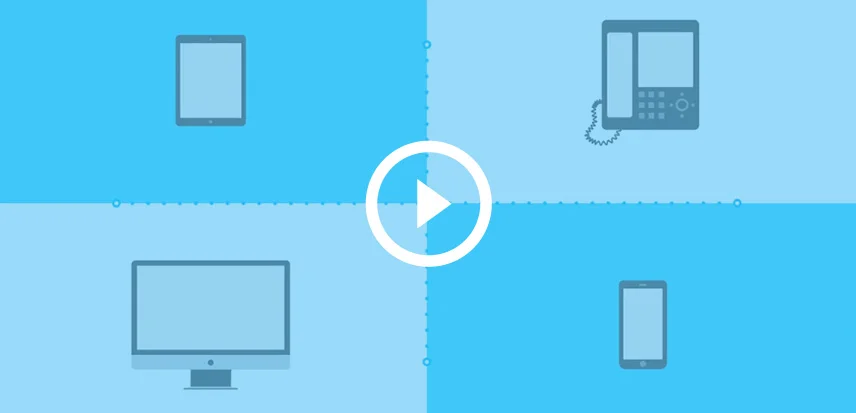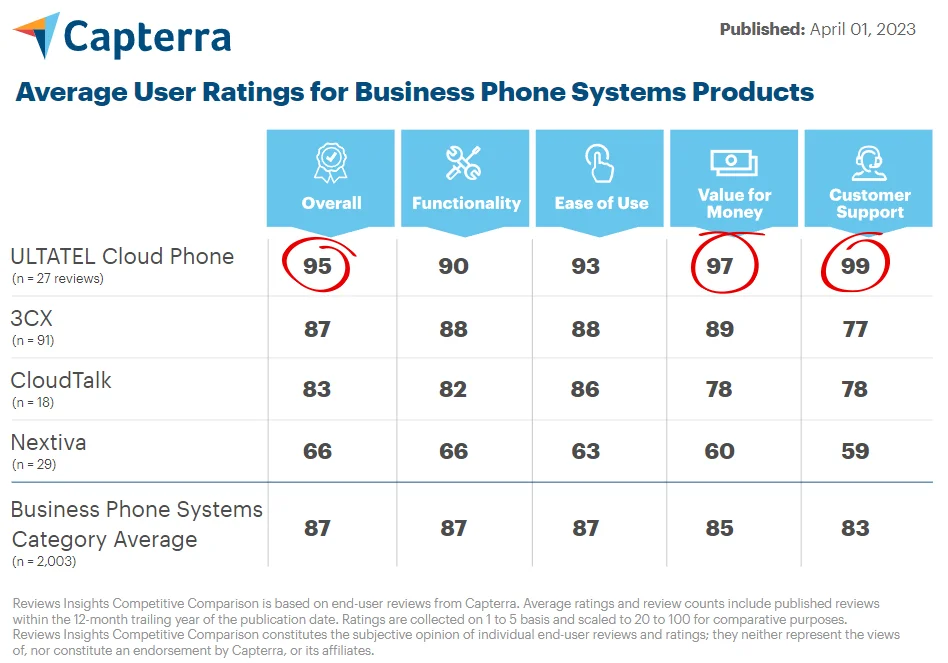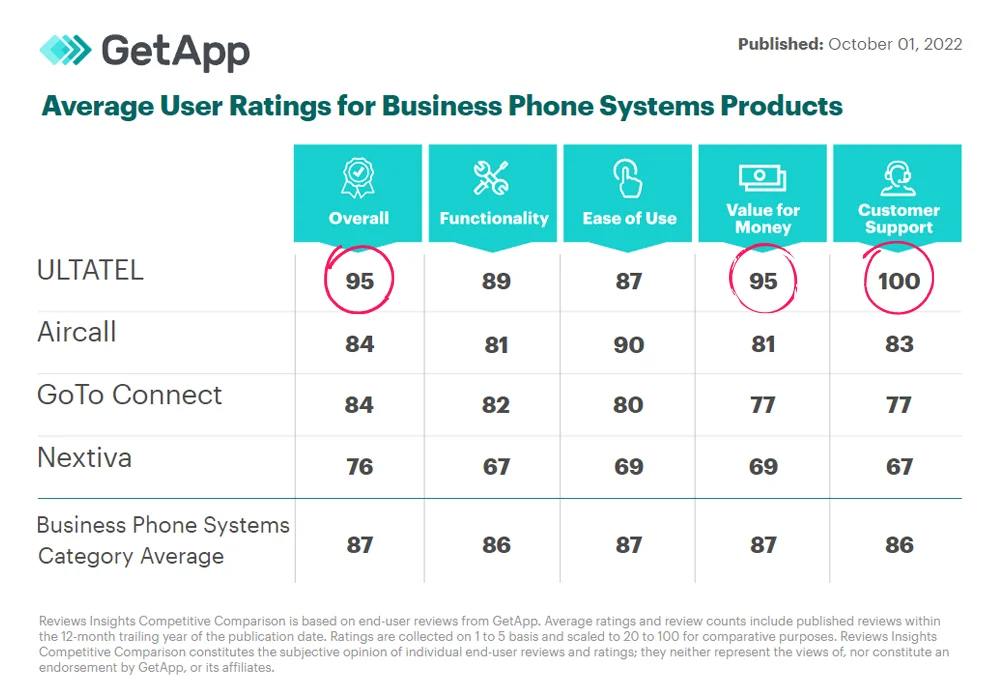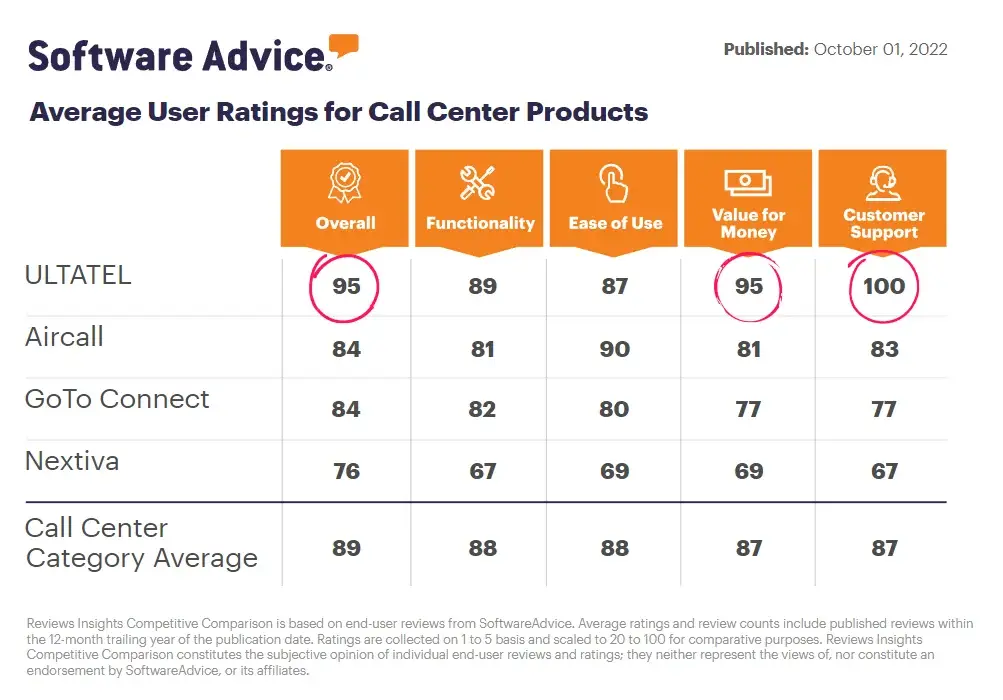What is Voice over IP?
Voice over IP, or VoIP, is a technology that allows users to make phone calls over the internet instead of through traditional landline phone networks. Unlike traditional phone systems, which rely on dedicated copper wires and circuits for transmitting voice signals, VoIP uses the public internet to route calls.
This means that VoIP calls can be made from anywhere there is an internet connection, including from a computer, smartphone, or VoIP phone. VoIP calls are also typically cheaper than traditional landline calls since they use the existing infrastructure of the internet rather than needing to build and maintain a separate network.
How Does Voice Over IP Work?
Voice over IP works by converting the voice signal of a person speaking into digital data that can be transmitted over the internet. This process is known as codec, which stands for coder-decoder. The codec used will determine the quality of the call as well as the bandwidth required.
To make a VoIP call, both parties need to have a VoIP service provider and an internet connection. The caller will then dial the number of the person they wish to reach, which will be converted into a VoIP signal by their service provider. The signal will then travel over the internet to the recipient’s VoIP service provider, who will convert it back into a regular phone call that can be picked up by the recipient.
What Are the Benefits of VoIP Over Traditional Telephone Systems?
There are several benefits of VoIP over traditional telephone systems, including, cheaper calls, more flexibility, and easier portability. Since VoIP calls are routed over the internet, they can often be made for a fraction of the cost of traditional phone calls.
Additionally, since VoIP service providers do not need to maintain their own dedicated landline networks, they offer much more flexibility when it comes to features like call waiting or caller ID.
What Are the Drawbacks of VoIP?
While there are many advantages to using VoIP over traditional telephone systems, there are also some potential drawbacks.
One of the biggest potential problems with VoIP is that since it uses the public internet to route calls, the quality of the call can be affected by things like congestion or bad weather. Additionally, VoIP requires a reliable and high-speed internet connection, which may not be available in all areas.











